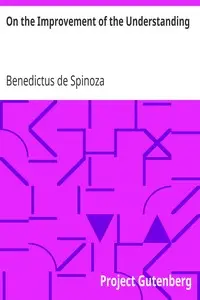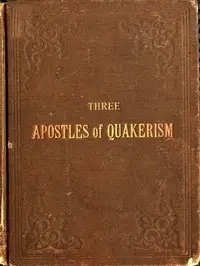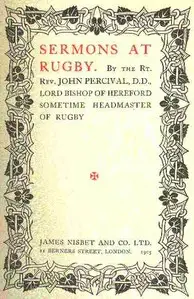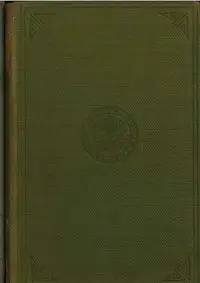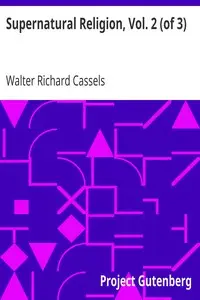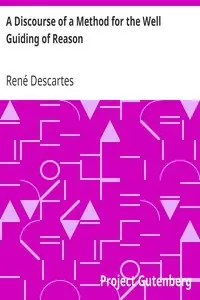"Ethics — Part 1 by Benedictus de Spinoza" is a philosophical book from the 1600s, a time of big changes in European thinking that looks at the ideas of existence and morals. Spinoza discusses God, reality, and what it means to be, linking how we should treat each other to his understanding of the universe. In the first section, named "Concerning God," Spinoza puts forward his ideas about God and what makes up existence. He believes God is endless and that God's very nature means God has to exist. Spinoza states that there can't be two things that are exactly the same and that everything comes from God, relying on God for what it is and that it can exist. Also, Spinoza says that God's choices aren't free like people's choices but follow God's own necessary nature, meaning everything happens because of divine rules, not just by accident. This book goes against traditional thoughts about God and existence, making Spinoza a very important person in the history of philosophical study.
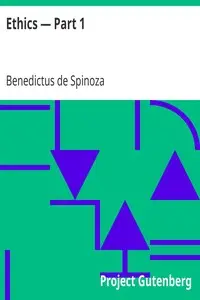
Ethics — Part 1
By Benedictus de Spinoza
Uncover a revolutionary perspective on the divine and existence, where God's nature dictates the universe and challenges age-old beliefs about free will and destiny.
Genres
Released
1997-05-01
Formats
epub3 (images)
mobi (images)
epub
mobi
epub (images)
txt
Free Download
Summary
About the AuthorBaruch (de) Spinoza, also known under his Latinized pen name Benedictus de Spinoza, was a philosopher of Portuguese-Jewish origin. A forerunner of the Age of Enlightenment, Spinoza significantly influenced modern biblical criticism, 17th-century rationalism, and Dutch intellectual culture, establishing himself as one of the most important and radical philosophers of the early modern period. Influenced by Stoicism, Thomas Hobbes, René Descartes, Ibn Tufayl, and heterodox Christians, Spinoza was a leading philosopher of the Dutch Golden Age.
Baruch (de) Spinoza, also known under his Latinized pen name Benedictus de Spinoza, was a philosopher of Portuguese-Jewish origin. A forerunner of the Age of Enlightenment, Spinoza significantly influenced modern biblical criticism, 17th-century rationalism, and Dutch intellectual culture, establishing himself as one of the most important and radical philosophers of the early modern period. Influenced by Stoicism, Thomas Hobbes, René Descartes, Ibn Tufayl, and heterodox Christians, Spinoza was a leading philosopher of the Dutch Golden Age.
Total Reviews
10.0k
Total reviews from Goodreads may change

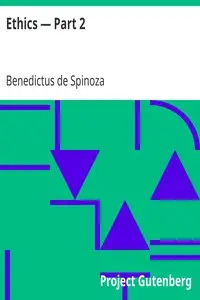
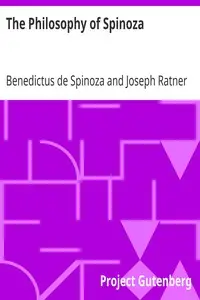
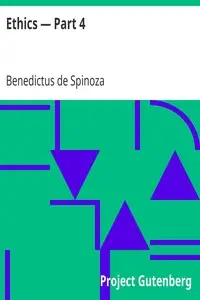
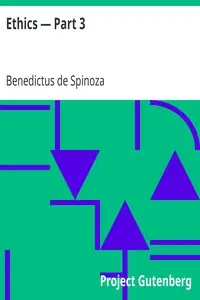
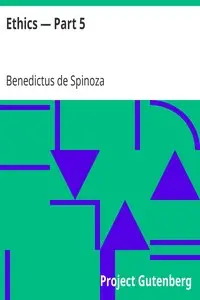
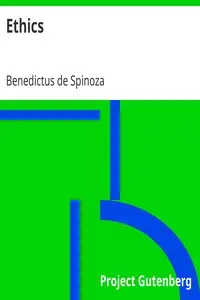
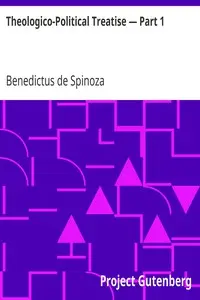

![A Theological-Political Treatise [Part IV] by Benedictus de Spinoza](https://cdn.a2-host.cloud/oLEoT01nzb4qmdXej30arzSQ6UapDj-aNEzNc9Ju0qw/rs:fill:215:325:0/g:ce/aHR0cHM6Ly9zcC1hc3NldHMuczMudXMtd2VzdC0wMDQuYmFja2JsYXplYjIuY29tL2Jvb2svOTkyL0FfVGhlb2xvZ2ljYWxQb2xpdGljYWxfVHJlYXRpc2VfUGFydF9JVl9jb3Zlci5qcGc.webp)
